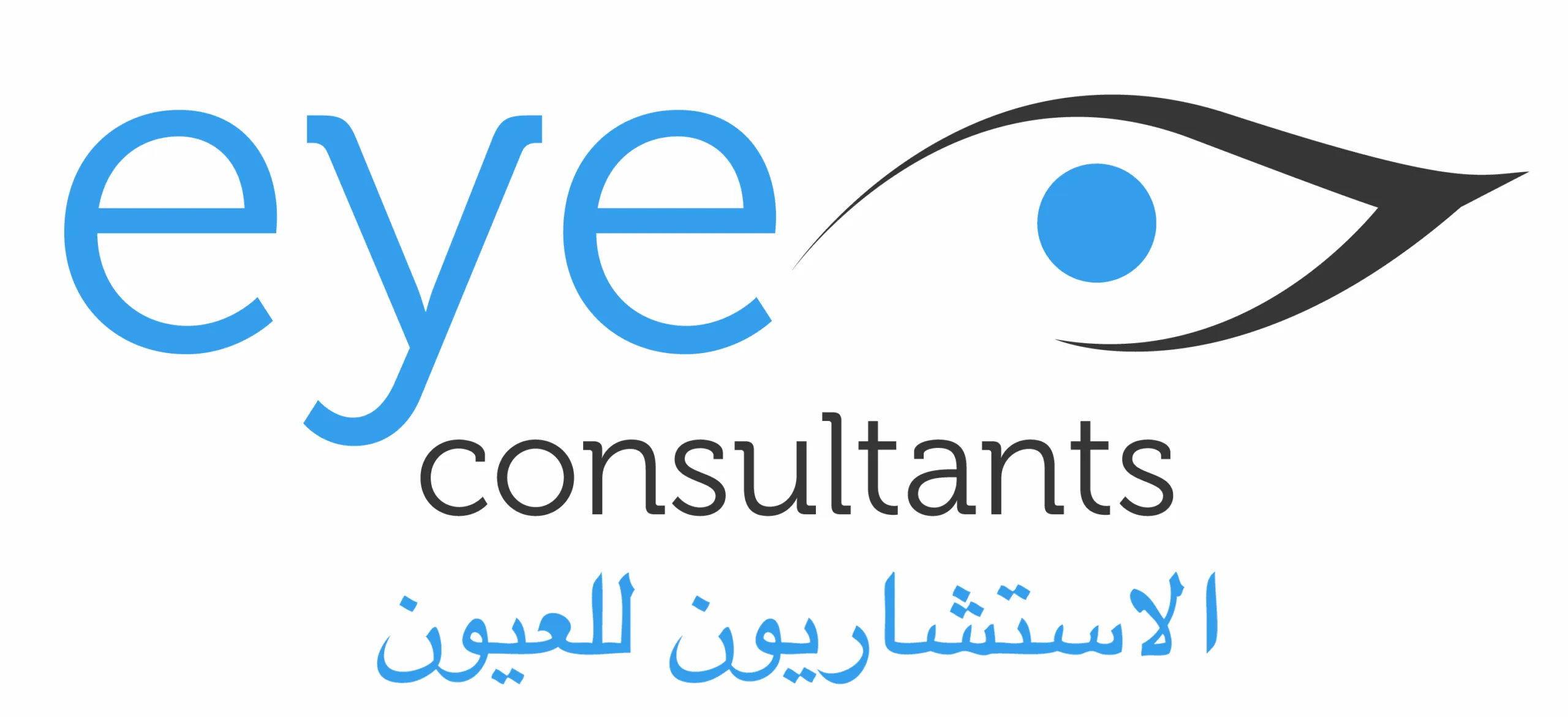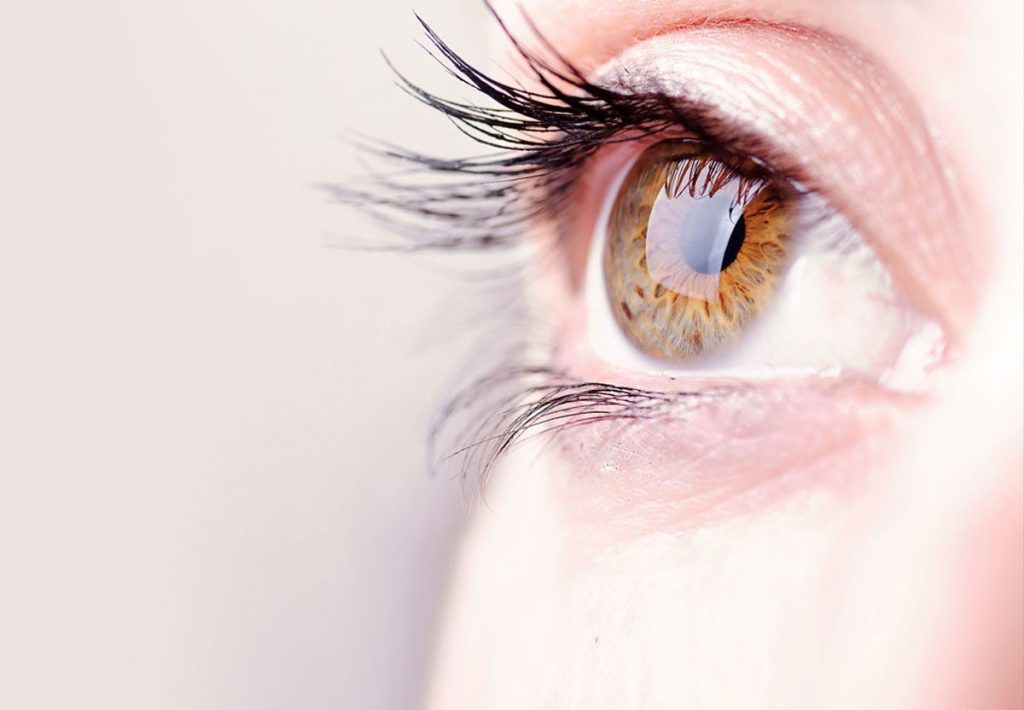Our last blog focused on determining eyesight defects in children and the role of parents in tracking vital signs for early diagnosis. In this blog, our focus is on determining vision-related complications in adults.
As adults, we are quite often caught up in a world of constant motion, with no time to rest, pause or even take a short break and focus on ourselves. We are so immersed in our roles as company owners, employees and caregivers, that we forget to notice when our perception of the world and people becomes hazy. Though this may sound philosophical, what we are referring to, is the ignorance most people exhibit, towards the onset of visual complications.
Here are 7 signs that indicate that you need to schedule an eye exam at the earliest:
If you have a family history of eye disease: If you have a family history of eye diseases like Glaucoma or macular degeneration, you might need to schedule an eye exam more often than others.
If you have been diagnosed with diabetes: The influence that diabetes can have on a person’s vision is often understated. The build-up of sugar levels causes fluid to accumulate in the eye which then leads to blurry vision and more severe conditions like macular edema and diabetic retinopathy. Regular eye exams are an absolute necessity when you have been diagnosed with diabetes.
If you experience blurred vision: If you notice a loss of sharpness when you perceive objects or if objects appear to be hazy, you may be suffering from a case of blurred vision. Though this may just be a case of fluctuation in your eye power, it may also be an indication of refractive errors like farsightedness or nearsightedness.
If you suffer an eye/head injury: If you suffer any external trauma to the head or any area near the eye, you need to schedule an eye exam at the earliest possible opportunity. External eye injuries could lead to blurry vision, or in more severe cases lead to retinal detachment or tears in the eye due to trauma. Symptoms may be noticed in either one eye or both eyes. Rush to an eye doctor as soon as you detect any symptoms after an injury.
If you cannot remember when your last eye exam was: Needless to say, not being able to remember when your last eye exam was, is a sure shot sign to schedule your eye exam. The American Optometric Association prescribes an eye exam once in 2 years for adults aged between 18 and 60 and an annual eye exam for people above 60 years of age. If you have not had an eye exam in the recent past or if you have a family history of eye disease, you will need to schedule your eye exam more frequently.
If you have trouble driving at night: If you experience immense difficulty while driving in the night, due to a glare from oncoming traffic headlights, it might be the onset of night-blindness or Nyctalopia. In addition to facing trouble while driving, you may also find it hard to focus in dimly-lit environments. These could be symptoms of underlying complications related to eye cataract as well.
If you have frequent and unexplainable headaches: In most cases, frequent headaches due to strain on the eye can be avoided with small lifestyle changes. If your headache is a result of staring at a computer screen for too long, simply take a short break every hour to reduce strain on the eye. However certain conditions like Glaucoma, that lead to pressure build up in the eye or cataracts can also lead to headaches. It is advisable to schedule an eye examination, when you feel that your headaches have no credible explanation.
Our team at Eye Consultants have great expertise and knowledge in detecting early signs of eye-related problems, thus facilitating early treatment and possible prevention of eye disease. Eye Consultants offer the best quality equipment to their patients and have earned a reputation of being the best eye clinic in Dubai. If you are considering scheduling an eye examination or suspect that you may vision complications, visit the specialists at Eye Consultants. You can also contact us on +971(0)44211299 to avail quality eye care.
With age, eye problems have a tendency to crop up and one begins to realize the importance of good eye health and its role in providing quality life.



